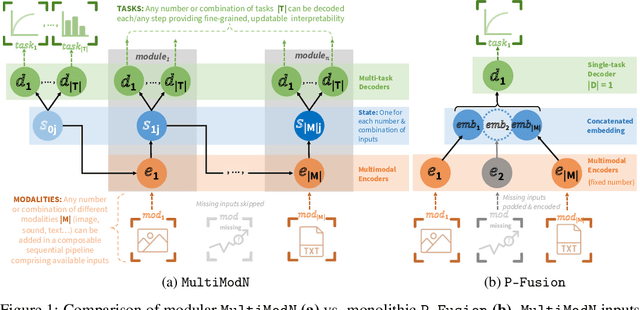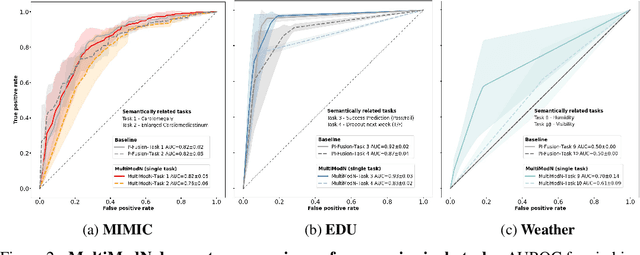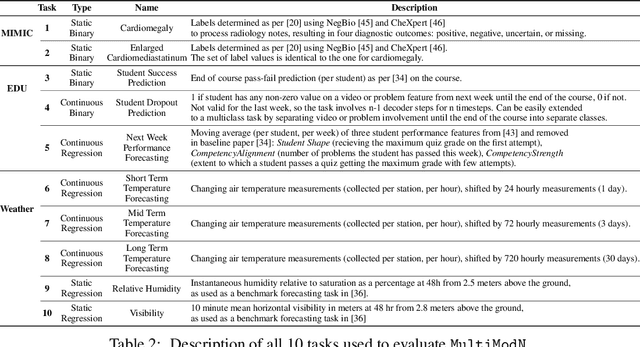Thierry Bossy
Mitigating Unintended Memorization with LoRA in Federated Learning for LLMs
Feb 07, 2025



Abstract:Federated learning (FL) is a popular paradigm for collaborative training which avoids direct data exposure between clients. However, data privacy issues still remain: FL-trained large language models are capable of memorizing and completing phrases and sentences contained in training data when given with their prefixes. Thus, it is possible for adversarial and honest-but-curious clients to recover training data of other participants simply through targeted prompting. In this work, we demonstrate that a popular and simple fine-tuning strategy, low-rank adaptation (LoRA), reduces memorization during FL up to a factor of 10. We study this effect by performing a medical question-answering fine-tuning task and injecting multiple replicas of out-of-distribution sensitive sequences drawn from an external clinical dataset. We observe a reduction in memorization for a wide variety of Llama 2 and 3 models, and find that LoRA can reduce memorization in centralized learning as well. Furthermore, we show that LoRA can be combined with other privacy-preserving techniques such as gradient clipping and Gaussian noising, secure aggregation, and Goldfish loss to further improve record-level privacy while maintaining performance.
MultiModN- Multimodal, Multi-Task, Interpretable Modular Networks
Sep 25, 2023



Abstract:Predicting multiple real-world tasks in a single model often requires a particularly diverse feature space. Multimodal (MM) models aim to extract the synergistic predictive potential of multiple data types to create a shared feature space with aligned semantic meaning across inputs of drastically varying sizes (i.e. images, text, sound). Most current MM architectures fuse these representations in parallel, which not only limits their interpretability but also creates a dependency on modality availability. We present MultiModN, a multimodal, modular network that fuses latent representations in a sequence of any number, combination, or type of modality while providing granular real-time predictive feedback on any number or combination of predictive tasks. MultiModN's composable pipeline is interpretable-by-design, as well as innately multi-task and robust to the fundamental issue of biased missingness. We perform four experiments on several benchmark MM datasets across 10 real-world tasks (predicting medical diagnoses, academic performance, and weather), and show that MultiModN's sequential MM fusion does not compromise performance compared with a baseline of parallel fusion. By simulating the challenging bias of missing not-at-random (MNAR), this work shows that, contrary to MultiModN, parallel fusion baselines erroneously learn MNAR and suffer catastrophic failure when faced with different patterns of MNAR at inference. To the best of our knowledge, this is the first inherently MNAR-resistant approach to MM modeling. In conclusion, MultiModN provides granular insights, robustness, and flexibility without compromising performance.
 Add to Chrome
Add to Chrome Add to Firefox
Add to Firefox Add to Edge
Add to Edge